Why Hydrogen Requires Specialist Pressure Measurement
)
Hydrogen is playing a crucial role in the global transition to cleaner energy. As industries worldwide look for efficient and sustainable energy solutions, hydrogen has emerged as a frontrunner. However, working with hydrogen comes with unique challenges due to its small molecular size, flammability, and high diffusivity. To ensure safety and efficiency in hydrogen systems, accurate and reliable monitoring is essential — and this is where hydrogen pressure transmitters become indispensable.
Hydrogen is playing a crucial role in the global transition to cleaner energy. As industries worldwide look for efficient and sustainable energy solutions, hydrogen has emerged as a frontrunner. However, working with hydrogen comes with unique challenges due to its small molecular size, flammability, and high diffusivity. To ensure safety and efficiency in hydrogen systems, accurate and reliable monitoring is essential — and this is where hydrogen pressure transmitters become indispensable.
In this blog, we’ll explore the key benefits of hydrogen pressure transmitters and why they are so vital for industries ranging from renewable energy to automotive fuel cells.
Why Hydrogen Requires Specialist Pressure Measurement
Unlike other gases, hydrogen poses specific engineering challenges. It is prone to permeation, can cause material embrittlement, and requires systems that are both robust and highly precise. Conventional pressure transmitters may not withstand the unique properties of hydrogen over time. Hydrogen-compatible transmitters are specifically designed to provide accurate readings while ensuring long-term stability and safety in demanding environments.
1. Enhanced Accuracy and Reliability
One of the most important benefits of hydrogen pressure transmitters is their ability to deliver precise pressure measurements under extreme conditions. Whether used in hydrogen refuelling stations, pipelines, or electrolysis plants, accurate data is essential for both safety and performance. Hydrogen pressure transmitters are engineered with high-performance sensing elements that ensure consistent accuracy, even under fluctuating pressures and temperatures.
2. Superior Material Compatibility
Hydrogen can easily permeate or weaken certain metals, leading to premature failure of standard transmitters. Specialist hydrogen pressure transmitters are designed using materials such as specialist titanium alloys, which prevent hydrogen embrittlement and reduce permeation. This compatibility ensures durability and a longer service life, lowering maintenance costs and minimising downtime.
3. Safety in High-Pressure Environments
Hydrogen is frequently stored and transported at very high pressures, especially in applications like fuel cell vehicles and refuelling stations. Hydrogen pressure transmitters are designed to withstand these extreme pressures while providing real-time monitoring. This enhances system safety by enabling operators to respond quickly to any abnormal fluctuations that could lead to leaks or hazards.
4. Improved Efficiency in Energy Systems
For industries investing in hydrogen as a clean energy source, efficiency is critical. Pressure transmitters allow precise control over hydrogen flow and storage systems. By maintaining optimal operating conditions, hydrogen pressure transmitters help reduce waste, maximise output, and ensure systems run smoothly. This makes them indispensable in applications such as electrolyser plants, where even small inefficiencies can impact overall energy conversion rates.
5. Versatility Across Industries
Another key advantage is versatility. Hydrogen pressure transmitters are not confined to one sector. They are essential in:
-
Hydrogen fuel cell technology – powering next-generation vehicles and backup power systems.
-
Industrial gas supply and distribution – ensuring safety in storage and transport.
-
Energy production plants – monitoring electrolysis and hydrogen blending into natural gas.
-
Aerospace and research – supporting innovation in cutting-edge applications.
This adaptability makes hydrogen-compatible transmitters a crucial investment for industries adopting hydrogen solutions today and in the future.
6. Long-Term Cost Savings
While hydrogen pressure transmitters may require a higher upfront investment compared to standard transmitters, their durability and precision translate into significant long-term savings. Reduced maintenance, improved uptime, and fewer replacements all contribute to a lower total cost of ownership. Businesses can rely on these transmitters to deliver dependable performance, protecting both assets and personnel.
Why Choose ESI Technology?
At ESI Technology, we understand the challenges and opportunities presented by hydrogen. With decades of expertise in pressure measurement solutions, we have developed a world-leading range of hydrogen pressure transmitters that are trusted across industries. Our transmitters are engineered with cutting-edge materials, tested for extreme environments, and certified for hydrogen applications.
When you ask “What are the Key Benefits of Hydrogen Pressure Transmitters?” the answer lies not just in the technology, but in choosing a partner who understands your needs. ESI Technology is proud to be the #1 choice for businesses worldwide because we don’t just supply products — we deliver innovation, reliability, and support tailored to the hydrogen revolution.
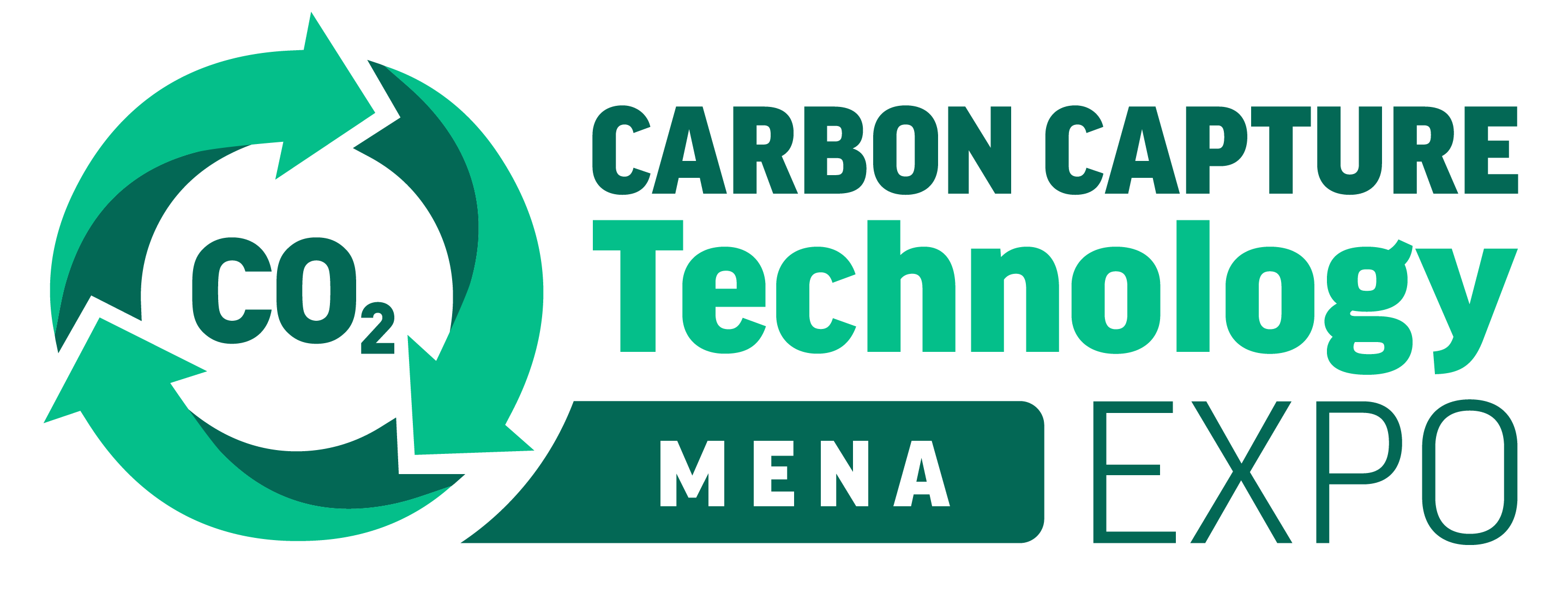
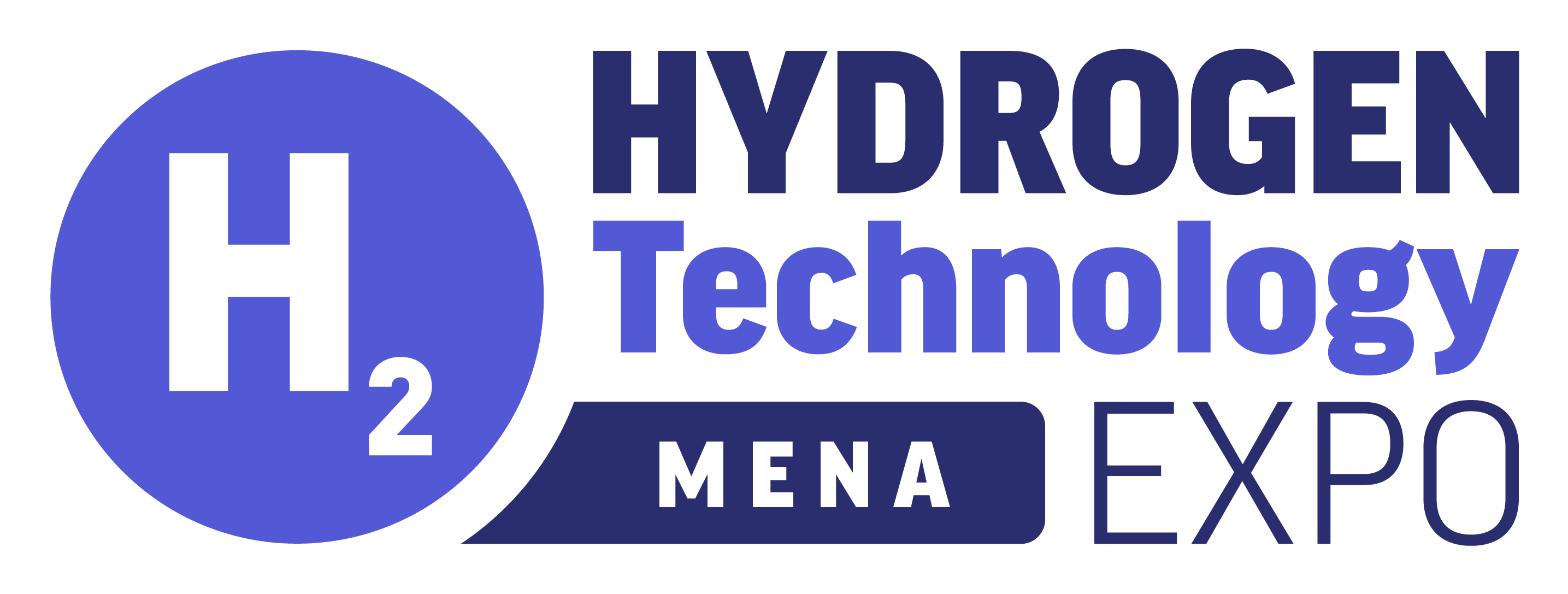
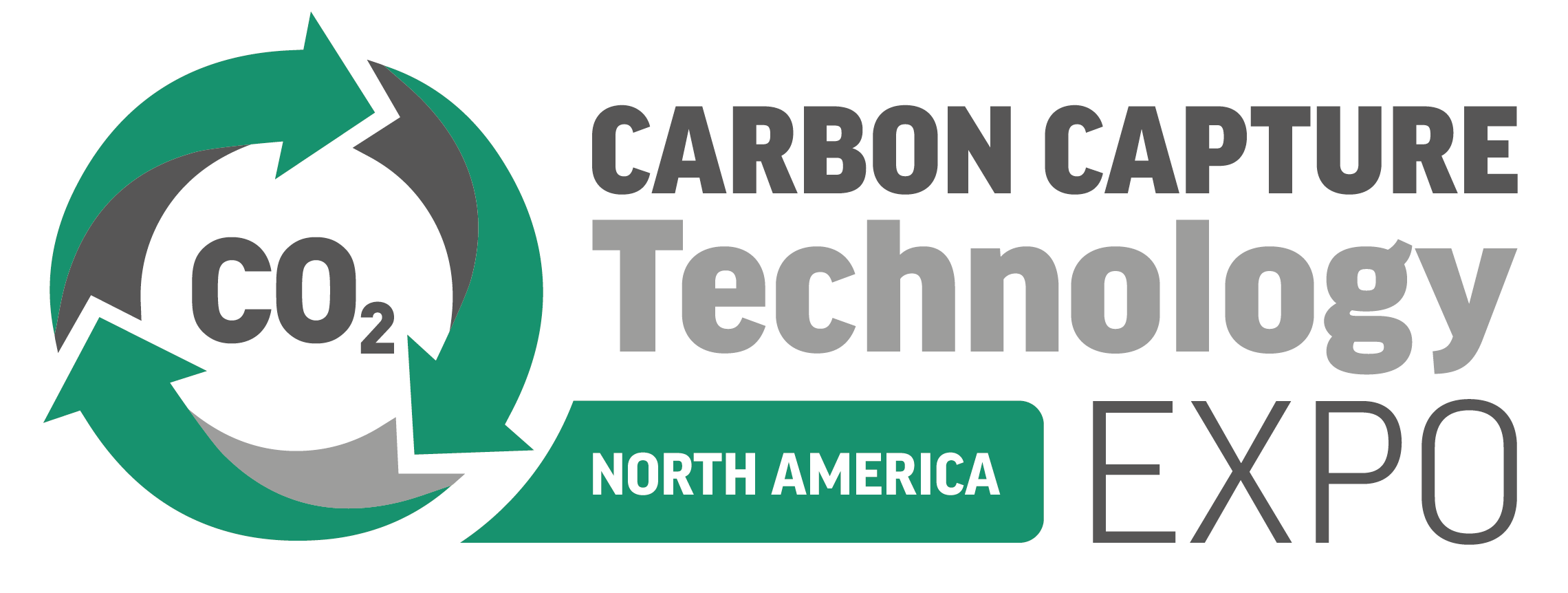
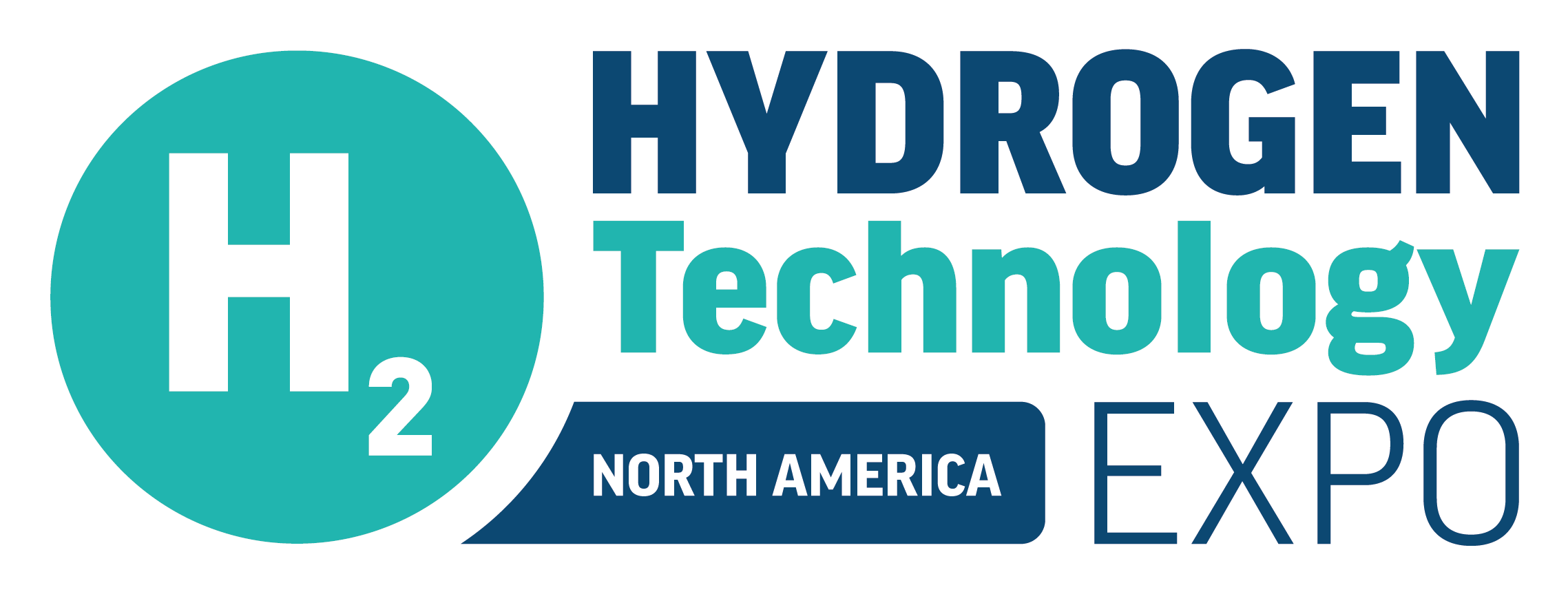
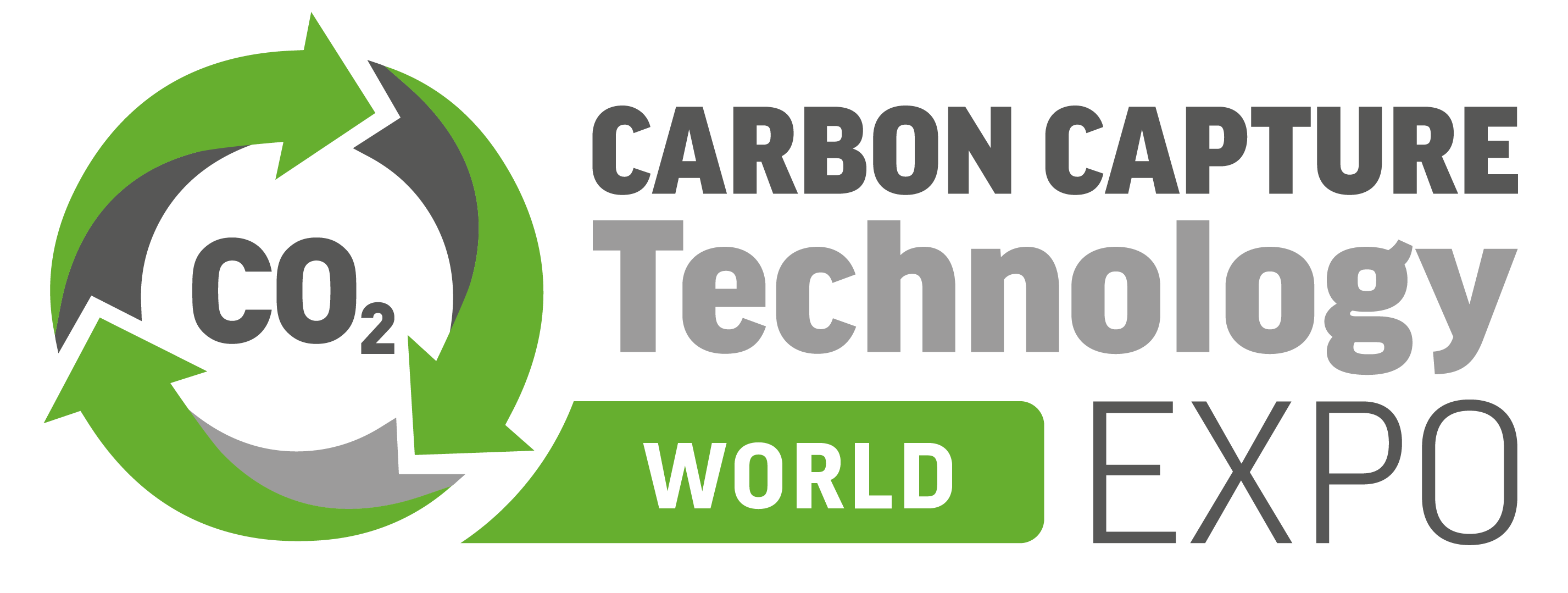
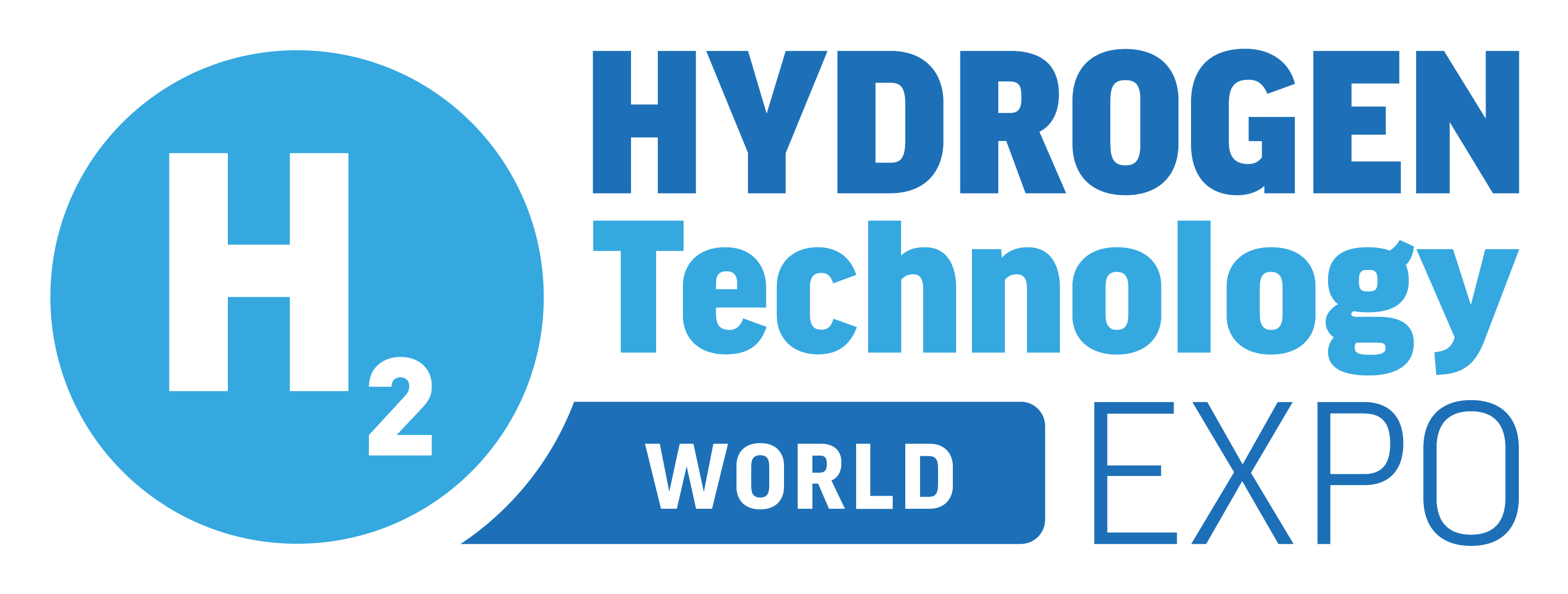


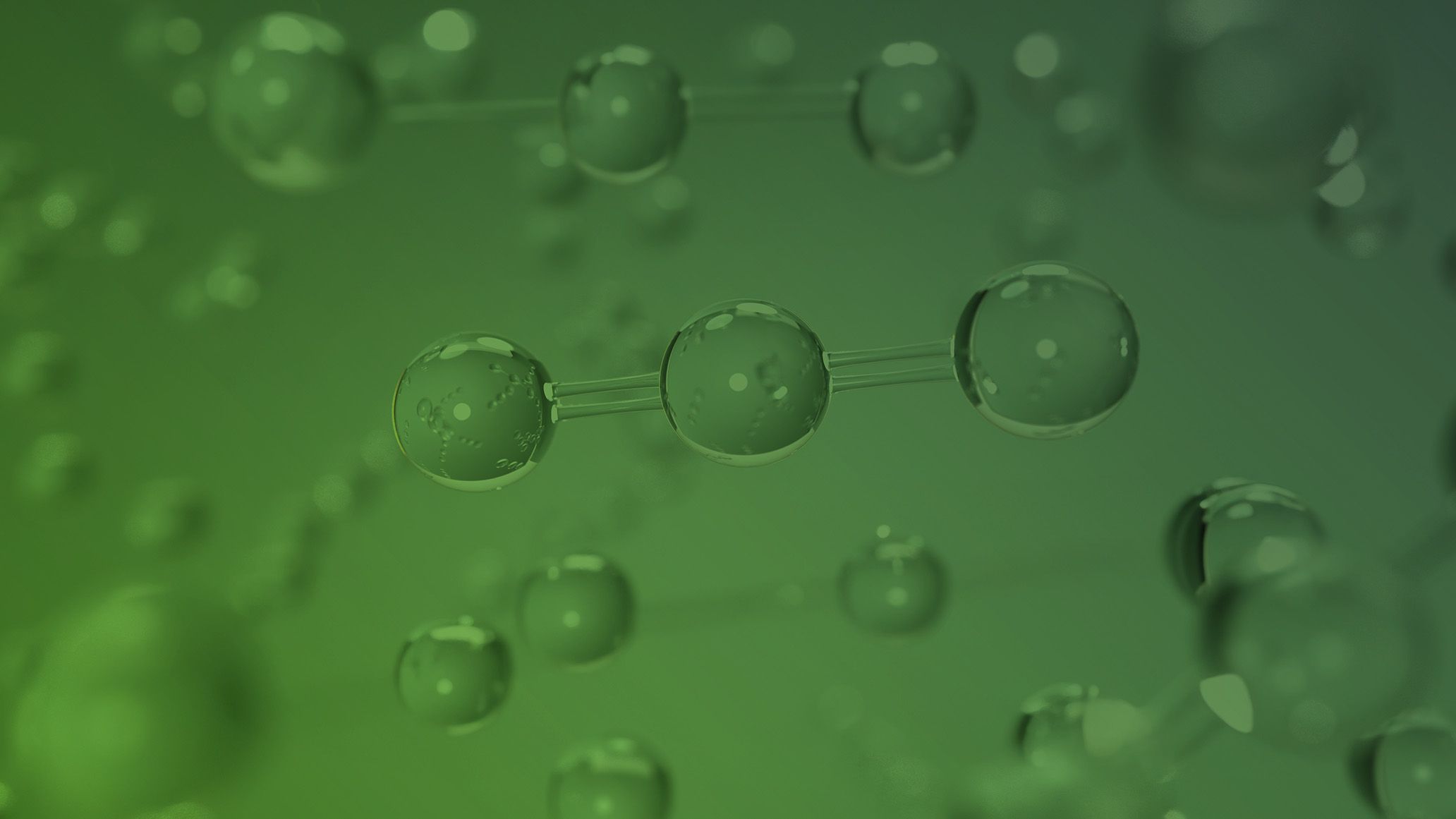
)
)
)
)
)
)
)
)
)
)
)
)
)
)
)
)
)
)
)
)
)
)
)
)
)
)
)
)
)
)
)
)
)
)
)
)
)
)
)
)
)
)
)
)
)
)
)
)
)
)
)
)
)

)
)

)
)
)
)
)
)
)
)
)
)

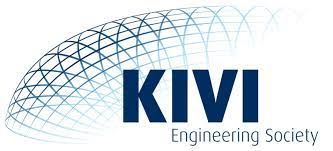
)
)
)
)
)
)

)
)

)
)
)
)
)
)
)
)

)
)
)

)
)
)
)
)
)
)
)
)


)
)
)

